|
25/6/2019 0 Comments time, intent & actiontime
noun
The indefinite continued progress of existence and events in the past, present, and future regarded as a whole. Speaking of time, the one good thing that comes out of my long-haul plane journeys is the time to think about my next blog post. Over the years, I have observed the behaviour of others and myself and noticed a few things that I thought is worth taking the time to write about. Opportunity cost Sometimes life does just come in the way: as we grow up, have new goals, duties, move around the world, get jobs, priorities change or we want to achieve new heights. All of which often result in even more responsibilities. The opportunity cost is often: our time. Although we are all apparently meant to live until 90 (so I have heard), we do not know how long we will actually live, so time is in fact limited, so we need to spend it wisely. Sorry to lower the tone... Prioritise When you do not or cannot give something (or someone) your time, it is worth asking yourself if you have genuinely prioritised them in your life in the first place. Sometimes, we are genuinely spread thin and it is impossible to give our time to others or our long to-do lists, but a routine check is always helpful when it comes to ensuring we do not neglect vital people or duties etc. with further consequences. Physical vs. Virtual time Sometimes beggars cannot be choosers. We all know that there is nothing better than a good catch up with someone close to us, in person (in most cases), but some contact is better than none, right? Despite how much the media and even mobile software tell us to get off our phones and minimise screen-time, technology has enabled us to stay close to people, much faster. Whether it is one emoji or GIF or photo via instant messages, text messages (for those dinosaurs out there), video or audio calls, we have plenty of ways to share our time with those we would like to (or have to). Although it is not quite as having dinner with someone or the hand-written letter from your grandma, it is something. 'ME' time If we look at the time we give ourselves, I know at least three people who have gym memberships for several months, but have not been more than a few times. Apart from being a total waste of money, it shows how they are not giving time to themselves or their plans to get fitter or healthier (or generally feel good).
intent
noun
Purpose. adjective Determined to do (something). ​Where there is a will, there is a way. This modified version of a proverb from the 1600s was hammered into our heads by our father, when my brother and I were growing up. It is true, though. If you really want to make an effort with a project, a challenge, a person or relationship... you will do everything you can to make it happen. If you become complacent about it, and your intent is weak, it probably will not happen or may not happen soon, and if it happens, it may not be that great. The reason behind that could be that the intention was not strong enough, or was not really there in the first place.
action
noun
The process of doing something, typically to achieve an aim. We need to have the intention to give time, then we need to act in order to make things happen. Whether it involves keeping our loved ones happy, or becoming healthier, getting a promotion, changing our lives around to do what we love, we can act on it by: 1. Writing it down; 2. Giving ourselves a deadline; 3. Doing something about it. When someone prints out a list of flights for your next trip and leaves it on the table, or cooks your favourite dish the day you come back from a long journey, or bakes you cake when you are sad, or puts your name on their university coursework when they know how busy you are interviewing for a job... they are acting on their intentions to give you their time. They do not always have to come to you and say: Look what I do for you. They just do it. They act. SMART GOALS
Once we have figured out how much time we intend to give something or someone, we could use the SMART rule for these goals to actually (or be more likely to) happen:
conclusion
To conclude, I hope I have been able to go slightly beyond stating the obvious, that when we seriously want something, or someone, or for something to happen, we should do anything except nothing.
The equation is simple: Time + Intention + Action = Outcome YOU MAY ALSO LIKE...
0 Comments
25/6/2019 0 Comments ANGERnoun A strong feeling of annoyance, displeasure, or hostility. There are several causes of anger and it’s important to know how to understand it and manage it. When something doesn't go our way or feels unfair in life, inevitably many of us can become angry. ENERGYYou know the feeling of a ‘switch’ that flicks itself on when something happens and all you can feel is an excessive build up of (negative) energy. Muscles tense, hearts race and there’s the urge to do or say something with immediate action. In extreme circumstances, people can shout, break things, do or say things that they may regret in future and more. In moments like this, I wish I was a monk. But I’m not, and if you’re not either, what we can do is learn how to try and manage ourselves and our reactions when we become angry, while living a normal life so we use our misplaced energy and actions correctly. FOUR STEPSThere’s a book by Dr. Gary Chapman: Anger: Taming a Powerful Emotion, which highlights that when you’re angry, you should:
If we take the necessary time to keep our anger under control and ask the right questions, we could be closer to a more positive and constructive response. At least more often than never. keep calm and speak upNot everyone reacts positively to this idealistic behaviour, even if we were to follow the steps we mentioned here. Sometimes people can continue to be unfair, rude, hurtful, etc. This is when we should say what we think is fair and if it’s not reciprocated well, we should step away from the situation and make peace with the fact that it was unproductive and ineffective to try and resolve the issue, at least for the time being. Having said that, it’s important that we do confront some situations. Whether this is done at that moment or at another point in time, soon after the event. We should aim to remain calm and if need be, assertive (not aggressive). VISUALISATIONAnother approach that could help us calm down is visualisation or meditation, which I'm sure our monk friends would agree with. Visualising a positive outcome (rather than the worst case scenario) and avoiding a vicious circle of more negative, angry thoughts that could add fuel to an argument, as well as meditating with deep breaths (this could work alongside counting till ten), even for a couple of minutes, can help diffuse the flame inside us. This obviously takes some time and practice. I have personally felt the positive immediate effects myself (probably just once or twice... but it's a start!) “Imagine yourself being grounded as the energy passes from you into the earth below and is transformed from negative to positive, from dark to light.” - DailyOm GOOD ANGERI don’t believe anger is always wrong and it’s often likely that our values and beliefs have been violated, which is why we react automatically and also when we should decide to do something about it. Some of the positive outcomes of anger could include:
We’re only human, so as long as we try to manage our natural reactions to external events, we have done our bit. Maybe even monks get angry, after all, but probably less and they are most likely to be better experienced at dissolving the anger quickly and turning it into positive energy, acceptance and so on. We just need to decide: when or what we say or react and how. YOU MAY ALSO LIKE...1/5/2019 0 Comments BOTSWANADAY 1: victoria falls, zimbabwe to chobe national park
Turns out the mosquito that came inside our tent, never went back out.
Both my friend and I had been bitten by these silent assassins and I suppose the 85% Jungle formula DEET wore off at some point. We were still at Victoria Falls, Zimbabwe, where we had breakfast after being taught how to bring down our tents. Bran flakes and yogurt and plain tea in camping dishes and cups. Once we packed up, we hopped onto the 'Lando' i.e. G Adventure's purple bus, which got us through the border to Botswana. The immigration office ran out of forms, so we didn't have to fill in any. The whole process seemed very simple and straightforward... just how we like it! While driving through the roads, we saw a couple of elephants, including one casually grazing on some leaves and giving itself a little back scratch on a less fortunate tree, just on the side of the road. We got to our campsite in Chobe in Botswana where we set up our tents (although we accidentally got someone else's tent) and some free ants. Apparently the ants are super active in Botswana and if we keep any food lying around, they'll invite themselves to the party in your tent. So we ate all our biscuits. We did a sunset cruise on a wide boat, and paid around 50 USD. Not sure how much I would recommend it for the wildlife, but we did see some crocodiles cooling themselves with their mouths open (like they do) and some elephants having a little bath. One of the elephants was enjoying the audience and was rolling around in muddy water for the entire time. I think they are my favourite animals now. The sunset was gorgeous, and the champagne offered by one of our travel buddies for their birthday made it even better. A nice way to end the first day in Botswana. DAY 2: SAFARI (CHOBE) & BAOBAB ISLAND (GWETA)
5:00 AM
Woke up early for the overland safari drive in Chobe National Park and pretty quickly realised that I would need a jumper or long sleeve shirt as it was dark and windy. Climbed onto the less crowded safari truck and actually loved it. Saw an entire elephant family from a few meters distance, a lioness, hyenas, impalas, a jackal (fancy fox), warthog (pumba!), mongooses (had no idea what these were) and some random birds that others took more interest in than I did. No zebras or giraffes though. We were told that the Botswana flag has black and white for the national animal: Zebra and also signifies the unity between black and white people in the country, working well together. The blue is for the water bodies that is home to a lot of the wildlife, including the Okavango Delta and several rivers across the country. After 7 hours with a few stops in between, including one stop to have our shoes treated for foot and mouth disease, to get to Baobab island in Gweta, which was like a little Nature Disneyland. Gweta is a small village around 200 km away from the city Maun and was named after the sounds made by their bullfrogs who interestingly surface from the underground when they would like to mate. So in my head I'm thinking: 'Gwetaaa. Gwetaaa.' The Baobab trees in the village are quite wide, to say the least. Apparently, one of them used to be called the 'Chapman's Baobab' that had a 25 meter circumference, which sadly collapsed in 2016. We set up our tent with the blessings of some helpful gentlemen on the trip. We will become good at this eventually. Hopefully. It was now dark and we had a fireplace, chairs around the bonfire and had really nice spaghetti bolognese and salad and after a few nice conversations with our fellow travelers, we went to our tents to sleep at 10:00 pm like good school children (after my friend got over self-imposed laughing fits).
DAY 3: MAUN
5:30 AM
We woke up promptly and used the washrooms (race to the showers, as always). The showers have no doors so we have to use all sorts of signage and noises to ensure no one walks into an unprepared version of ourselves. We unpacked our tents and packed our bags at super-speed (practice was making us perfect) and got everything done for the Lando by 7:00 AM. Ants and sand everywhere! 4:00 PM We reached our new campsite which was nice and had a swimming pool, so as soon as we were done with lunch we went for some Windhoek beer, swim and.....WiFi! Caught up with messages on WhatsApp, mostly reassuring family that a) I haven't been eaten by a lion b) I haven't got lost in a desert and c) I have made some friends and/or retained my one friend who I traveled with. I swam a few laps with a little local girl from Botswana who wanted me to teach her front crawl, although I'm not even sure I do it right. While getting to Maun, we stopped at a shopping area with a couple of supermarkets, Forex Bureaus and a Wimpy's. The shops were basic, but I managed to buy a hat for the Okavango delta for USD 5 and pay with my Debit Card, instead of the local currency (Pulas), which was great. 8:00 PM Had dinner after what should have been a nice shower, but then three things happened:
Fortunately, I survived. But there was one point when I thought this was totally ridiculous and not fun and camping is NOT my friend. The lights eventually came on and I went for dinner and sat with the group of travelers, which cheered me up and went to bed at 11:00 PM which was rebelious considering our early start the next day. DAY 4: OKAVANGO DELTA
We got on two enormous open metal trucks at 7:00 AM, and were driven through sand and thorns to the Okavango delta, after being warned about inheriting 'African tattoos' from the thorny branches that frequently brushed through the sides of these truck-things.
Apart from being whacked on the neck with one branch (no tattoos), the journey was fine. We got to the small port where all the long fibre-glass canoes called 'Mokoros' were lying around. Each mokoro carried two of us and our daypacks and our 5 litre water bottles for survival on the island we were heading to live in for the night. The 'polers' who navigate the mokoros use a big wooden stick to push these through the shallow waters of the delta. The polers also had cool given-names. Ours was called Mr. K. There were others like Flamingo, Mr. T. Another poler was: Mr. Bombastic (and he was probably fantastic...). It was scorching hot, but it was lovely. We were maneuvered through the delta to our campsite and saw elephants and giraffes at a distance and apparently some hippos (they're mostly dipped under water to cool down as apparently their skin is sensitive to the sun). I have to say I did feel like I could get used to this. We had some salad and salami wraps for lunch, which we compiled ourselves and the polers set up our tents for us, helped us clean up and were generally a great laugh. Their goal was to ensure we all enjoyed the island experience to the max. 2:00 PM Some of us decided to go for a swim in the delta (i.e. have a bath as we felt dirty). The polers took us on our designated mokoros to a clean part of the delta where around ten of us went for a dip while the guys looked out for any uninvited hippos. A leech found a way to attach itself to my friend's back. It didn't take long for the rest of us to decide that it was a good time to go back. 4:00 PM We went for our bush walk and it was hot and full of shrubs, but we did see a lot of animals from a distance, after they showed us all the footprints and their respective droppings. Lovely. We saw giraffes, zebras, wilder beast and a beautiful sunset before heading back on our mokoros to the campsite. Must haves:
6:30 PM Back at the campsite and dinner was waiting for us. Liza, our CEO made us delicious chicken stew with maize flour. Loved it. Post-dinner entertainment involved all of us sitting around a bonfire with all our local polers, underneath the galaxy of stars, when they all sang and danced to 'Beautiful Botswana' a common song for tourists. Mr. K. our poler showed us fireflies for the first time, which was really cool: blue ones are female and red ones are the male fireflies. The polers know animal sounds by heart and the directions around the island and delta. The stars, the music and the bonfire in the middle of nowhere really made the night feel quite magical and grounding.
DAY 5: GHANZI
6:00 AM
Woke up for the sunrise walk, which was serene, but I was barely awake. This is what living in the bushes feels like: wearing the same clothes since yesterday morning, sand and sweat mixed with DEET and sunscreen. Mr. K. packed our tent for us, after which we took our mokoros back to the mainland, followed by the 'African massage' took the same bumpy truck ride back to the campsite in Maun where we had time for a quick WiFi session and some time for a Windhoek beer. 4:30 PM After another long bus ride we finally got to Ghanzi, the capital of Kalahari desert. We went to see some tribal bush men along with a translator to see how they treat themselves and live in the desert. They wore animal skin as clothes and use ostrich eggs as a water bottle, plants for contraception, soap, laxative, make up and more. Very interesting. Dinner was delicious rump steak and potatoes in the campsite. I feel like I have maximised my monthly steak allowance. Tomorrow: Namibia. DAY 6: WINDHOEK, NAMIBIA
5:30 AM
Finally used my sleeping bag the night before as it was freezing in the desert. We packed our tents up for the last time and put everything into the Lando. Used WiFi for five minutes to let the family know about my whereabouts. 12:15 PM After a three hour drive to the Namibian border, we filled in our exit and entry forms and then had a lunch stop at a Wimpys including cappuccinos! We started to make plans for meeting up after the tour with some, while others we know that we will probably never meet again but we had a great time. It amazes me how you get to know people so well in just a few days. We had a blast on this trip, and a lot of it was because of my ridiculously energetic, offensive, hilarious and intrusive friend who I traveled here with. I think this trip was one of my best and I have made at least a few new friends and a few new travel plans for Africa. Good group of humans, great trip. Now time to go home... 16/4/2019 0 Comments CLIMBING KILIMANJARO: UNEDITEDIt took over six months since booking our flights from London to Moshi, of planning, buying all the things we would need for six days of trekking. Every other day I would remember something and make another Amazon order online. From little things to brown bags (plastic bags are not allowed on the mountain), to knee support for downhill climbs. For the last day, walking 8 hours downhill, knee support and walking poles should be used. I not-so-cleverly packed my knee braces in my bigger backpack, which was carried by the porters so I’ve come back to our hotel in Moshi with a very painful left knee, deflated feeling of not being able to make it up to the summit of 5685m from Kibo Hut (base camp of 4720m), after sleeping in freezing temperatures in tents and walking an average of 4-6 hours a day in high altitude, with no shower and using a shared portable toilet inside a tent. Basically, feeling rough and tired and not fully accomplished. The immediate thought is one of not being rewarded for all the effort and inconvenience I’ve been through. the journeyThere were several good things about the journey up the mountain. Most days involved walking above the clouds, which is absolutely beautiful. Also the chef ‘Steve’ arranged by the tour company made us very carb-heavy, homemade hot food two to three times a day for the energy we needed to walk every day. Waking up every morning to clouds and beautiful sunrises and just the absolute basics amongst nature (and some very large ravens that look like a cross between an inflated crow and an eagle). back to basicsWe got hot water in a plastic bowl every morning and evening, to brush our teeth and wash our faces. We started to appreciate that one bowl of hot water so much more than we ever would have, especially after freezing our faces off at night in the tent. Especially when we think of how much water we use (and waste) back home, when using taps, having a shower or bath and when we last appreciated how luxurious that is. Don’t get me started on swimming pools. what did i wear?The highest number of layers I have worn was four base layers and my down jacket, trekking pants, gloves, balaclava inside my sleeping bag at the base camp. Ps. a hot water bottle and a sip of vodka really helped deal with sleeping at night easier (although maybe not wise for those who want to reach the summit). I even wore certain items of clothing for six days... my personal best (or worst!). how did i look?In terms of how I looked, the first day was a bit of a struggle as I have my normal make up routine which went out the window on day 2. With no mirror and no technology except our cameras, we were reminded how we really look. Our bare natural faces became more acceptable to us. There was a point though, when our faces were all slightly puffy from the altitude, which we found quite funny. My hair was beyond hope and frizzy so one of my friends platted it for me, which made it acceptable for photographic memories of the trip. did it rain?We got really good weather, with no rain and mud and the best thing is that there were no insects due to the high altitude. But.... not everyone is that lucky, so best to be prepared. what did we talk about?The main conversation for each day was: • Food • Toilet • Being bloated (like you’ve never been before, thanks to the altitude) • Summit night (D-day i.e. day of walking from base camp to the peak) • How many hours of walking we will be doing on the following day companyOverall, the four of us (me and three of my best friends) had a memorable trip up and down the mountain, we started to warm to the local porters, guides, chef and even the man who cleaned and carried our portable toilet. His nickname was: ‘Helicopter man’. These guys carried our luggage and tents up for five days and tucked us into bed nice and early (at 8pm!!) and tried to make conversation in broken English. They practically dressed us for the summit night with the gear, from gaters (I didn't even know what these things are) to gloves and headlamps. It took 13 porters, two chefs and three guides for the four of us to climb Mount Kilimanjaro. That in itself shows that this is no easy climb. back to ground levelWhen we got back to ground level at the Kilimanjaro National Park gates and drove back to our hotel in Moshi, we saw the mountain from a distance standing independently in all its glory. It made me realise just what I tried to climb. Two of my friends made it to the first peak at summit, so for them it was even more mesmerising that they were up there (and even got a certificate from the Tanzanian government!).
For anyone wishing to climb Mount Kilimanjaro, my humble advice would be to enjoy the journey up the mountain, be mentally prepared for anything, listen to your body and how it reacts to the altitude and be positive. I’m not sure I was carved out for several days of camping, but it’s certainly an experience worth having once... and then returning to civilisation and usual comforts feels even better. Certainly appreciated a nice shower! 12/4/2019 0 Comments problem-solvingWe all know that life is not predictable and no one can say what will happen in the future. But what we can do when we are faced with problems, is to try to make the right decisions at the time. We can only do our personal best to find out how to take control of the situation, instead of letting problems drag on over the long run, wasting precious time and effort. The aim is that as a bare minimum, we are content with ourselves for giving it our fair and best shot and that we have collectively made an informed decision, irrespective of the final outcome. Recently, I noticed that a 'project' that I had put a my mind and heart into, was starting to take a different direction to what I originally wanted. To ensure that I didn’t make drastic decisions based on just one event or problem in the heat of the moment, here are some steps that helped me problem-solve the situation, while keeping my cool (sort of): step 1: stay calmIt’s easy to react quickly when something annoys or upsets us. But the first step is to try to be patient and understand how the situation may have risen as well as try to empathise with any others involved. step 2: observeIt’s worth keeping an eye on whether what you consider as a potential problem persists, whether you see any trends or if it was a one-off issue. step 3: COMMUNICATEIf you do notice a trend with the problem(s), then it is important to bring them up with those involved sooner rather than later and to hear their views on the matter. Sometimes a series of conversations may be necessary in order to digest differences in opinions. STEP 4: TIME OUTTime gives us space to digest, explore, compare and contrast our personal views, goals and beliefs with everyone in the 'project'. It can help us understand any differences in opinions and see if there are potential opportunities to find long-term solutions for the problems that have surfaced. STEP 5: FOLLOW UPAfter some time has passed, penciling a follow up conversation and communicating this with everyone involved, is often essential in order to reduce the chances of the problems going on for longer than is necessary. The reason for this is that prolonged problems can cause some or all of those involved unnecessary distress or confusion. This can hold everyone back from getting the best outcomes for the project, or to conclude the project so that we can move on to the next project, with lessons learnt. STEP 6: ACCEPTAs mentioned, the future outcomes are not always in our hands.
Therefore, based on the fact that we followed some steps, took our time to find a solution to the problems to the best of our knowledge, we can accept whatever the result is and be at peace with that. This way we can ensure we live life with no (or fewer) regrets. Here’s a little flow chart that could help: 27/3/2019 0 Comments BALANCE
[ˈbal(ə)ns]
Noun An even distribution of weight enabling someone or something to remain upright and steady.
Just like Bambi, we learn how to become stable and steady over time, sometimes with the help of a guardian or friend.
As we grow up, we get increasingly used to having to make our own decisions in terms of how we allocate our time, effort, resources etc. What is the opportunity cost of doing one thing as opposed to another? Decision-making is so frequent in our lives, that we sometimes may need to take a step back and look at how balanced the situation actually is. (Un)fortunately, we are not young enough to be told what to do by our guardians, parents, teachers and so on, and the responsibility to find the right balance in multiple departments of our lives, lies in our very own hands (or legs), which could be both daunting… but also liberating. So how do we make decisions about different aspects of our lives to make sure we remain upright and steady, at least most of the time? Here are a few examples that that some of you may be able to relate to. HEALTHY vs. tasty
Starting with a lighter option (pun intended), in an increasingly health-conscious world, it can become tiresome looking through the Nutrition Facts on every. single. thing. Most of the time I do not even know what to look at apart from the calories per 100g, then try to find the actual weight of the pack, in order to calculate what I would actually be consuming. But now we are told to look at the sodium, saturated and unsaturated fats, sugars. Most things contain traces of nuts…
By the time I am done reading through and trying to calculate what proportion of my apparently-healthy granola bar is… healthy, I may have forgotten to think about the:
As life is too short, I have decided that there are too many tricks involved by these food marketers out there for me to spend too much time reading labels. Therefore, in order to find a balance between tasty and healthy food, I try to:
work vs. life
I have covered a lot about this in my other blog post about work and play. A lot of us in this day and age have decided to pursue a career, often backed by achieving personal and professional goals. These could be in terms of responsibilities, positions, salaries, professional networks, qualifications, etc.
Career progression can feel great. But there comes a point when the feelings of satisfaction can plateau and the excitement of the achievements can start to fade, which is when many of us may start looking for the next challenge. Although this could be great for personal development, there is a risk of this becoming an addictive and vicious cycle. The last thing we would want is to look up from our desks after a long time and realise that we have missed out on spending time with our loved ones, our friends or even taking time for ourselves to enjoy spending time doing things that fulfill us on a regular basis, whether it is getting your hair done, going to the gym, to art galleries, concerts, photography courses… or even the pub! On the other side of the coin, neglecting our careers (if we want or have/had one) while only spending time on our personal lives (sounds great, actually…) it could also become an issue a few years down the line – whether it is because of financing your lifestyle or feeding your confidence in yourself. Therefore, it is crucial to balance out the importance we put on work and life as two important life categories. yourself vs. others
In terms of prioritising others versus yourself, my article on being good-selfish highlights the importance to address your own needs and giving yourself the attention, care and love to stay upright and steady – before you can give attention to others.
There is no practical reason (in my opinion), to give to charity while you starve yourself. In terms of the need for others in our lives, my article on life hacks, covers how it is worth trying to be less needy and dependent on others in order to have a long-term life crisis. But let us be honest, every time I am feeling low, the first thing I do is ask for help – whether it is my best friends-WhatsApp group or reaching out to my family, I give them a download of what is going on in my mind to get their opinion. And most of the time, I am glad I reached out. I do need my support group to help me through life, but yes, we should not be completely dependent on other people to keep us upright either, as everyone has their own lives to get on with. Again, it is about finding the right balance between trusting our own views and decisions, as well as the opinions and advice from others (try to go to those who actually care about you). thinking vs. not thinking
It is damaging and dangerous to overthink and to hold everything inside your head for too long. As a woman, apparently I am susceptible to thinking, analysing, reflecting, forecasting… or maybe it is just me!
We all have mini crises, and it is fine. No one benefits from beating ourselves over them and it is certainly not an indication of our mental strength. Apart from seeking help from the right people as mentioned earlier, it is also worth training our brains to stop thinking from time to time. This could be done through mindfulness and trying to enjoy moments, rather than spending too much time thinking about the past and future. now vs. future
I intentionally avoided mentioning the past. The past should just be put into a little invisible trunk in your head as it's in-existent, as long as you retain the lessons and conclusions from it.
As for the present and future, the bottom line is that in order to find the right balance in life, while it is important to have a bird’s-eye view of the future and have a general idea of where you see yourself in life, we should try not to stress about it. Enjoying the moments, dealing with each day one at a time, trying to appreciate at least one good thing that you are either looking forward to that day, or have achieved that day – all of these little things can help us enjoy life a bit more and make every day count, as cliche as it sounds. Here are some books that I found a) easy to read (for mindfulness-dummies like me), b) applicable to real life and c) useful when I needed to organise my thoughts:
in one sentence... why balance?
It is probably safe to assume that the core reason for us to try and balance things in life, is to protect ourselves, create invisible cushions to avoid unnecessary drama and set-backs, so that in case we fall, we can bounce back up without causing permanent damage.
7/3/2019 0 Comments FREAK OUTverb (adverb), informal To be in a heightened emotional state, such as that of fear or excitement. What I learnt recently, is that even those who seem (and probably) are very emotionally strong, have moments, days, weeks or even longer periods of freaking out. It’s in our nature to have a variety of good and bad emotions that come in and out of our minds, sometimes triggered by external factors (e.g. weather, changes in situations, other people’s behaviour, (un)fortunate events or things that happened too quickly for us to process), and other times internal factors (e.g. our mental or physical health, being tired, stressed from work or life). For instance, people can freak out at their own weddings, even if they know deep down that they are marrying the right person, everything is organised and under control, everyone is happy. However somehow, on D-day, some people run away, don’t show up, or take a while before making it their way to the wedding… because they are freaking out. We’ve seen it in movies, but it’s apparently a thing. Recently, I had a number of good things happening to me (after a loooong time), and instead of basking in joy, I freaked out. A good friend of mine reminded me that everything I mentioned to them at the time was actually: good. I just happened to be overwhelmed by it all and had to process a mixture of excitement + fear of losing it all. Sometimes, it may also be the case that there are a mixture of types of emotions in your mind and the confusion and lack of control over understanding your own thoughts and being able to categorise them, results in… freaking out. In my opinion, I suggest building a visual or a framework to help you pin-point the main causes of your freak out. Here are some examples of how we can use two emotions to monitor our mind in such situations:
1. BUYING A PROPERTY Buying a new house = Excitement (of becoming a homeowner) + Fear (of affordability) + Lack of control (over all the organisation + paperwork) Analysis: majority of the freak out is due to a positive emotion, and acknowledging this could help you feel better. You also have a clearer view of where to focus your actions and efforts e.g. spend an hour over the weekend mapping out all the bills, service providers and budget for them to make yourself feel more in control of the situation going forward. Once you’ve done that, start enjoying the excitement of moving into a new home with all the fun of decorating it and making it your home. 2. new relationships Getting into a new relationship = Excitement (of finding potential love) + Fear (of being hurt, losing independence) Analysis: depending on how well you may have dealt with being hurt, or how good or bad your past relationships have been (if applicable), the value you put under that category for a new relationship could vary. The effect on laying out the factors behind you freaking out, could help with conversations with your new partner and can help them understand you and your actions better. 3. CHANGING JOBS Changing jobs = Excitement (of a hopefully better salary, change of scene, better responsibilities) + Fear (of leaving existing friends and colleagues, leaving your comfort zone, not knowing what to expect, failure) Analysis: we need to remember that in most cases, the main reason why you even considered moving jobs, is that there may be something(s) that is or aren’t quite right in your existing job. For instance you may be underpaid, overworked, underworked, lacking motivation, not feeling like you’re contributing, not being recognised, not having a great boss or team, or not fitting in, etc. If any of these are persistently in your mind over say, 12 months or more it may be a signal towards looking for a new job. However, it’s probably a bad idea to move to another job that is equally bad or worse, consciously, just for the sake of leaving your current job. Then comes the freak out on whether the new job is going to be good or not and worth making the move. My article on how to find out if you’re in the right job covers other more specific frameworks. But for the sake of this article, if your excitement level is reinforced by good signs from the new job, then you can make a more informed and calculated risk. 10 quick ways to stop freaking outThere are also times when we freak out, with no particular reason. Here are 10 quick ways to try to calm down in moments of freaking out or panic:
my secret life wheel If you've made it all the way through this article, I have a gift for you... I use this wheel to draw out where I think I am in my life at the moment, what areas may need some extra attention and hence be the reason behind a potential freak out. Instructions: Rate yourself in terms of how good you feel about where you are in 8 key areas of your life between 0 – 10, 10 being the best and 0 the worst. For example:
When you mark yourself out of 10 in each of these areas, you can quickly identify those where you need to focus your attention on in the near future i.e. anything that rates 0 – 6 on the scale. This is a visual way of diagnosing what’s happening in your life and mind, and what the root cause(s) of your freak outs may be. I hope you found this article helpful and if so, you may find the ones below worth a read too. Enjoy! SIMILAR ARTICLES...
28/1/2019 0 Comments CITY EDIT: BARCELONAFOOD & DRINKS
First of all, I can not stop eating in Barcelona.
Before my latest trip to Barcelona, a lovely gentleman who lived in Spain for a while recommended Can Paixano for tapas and people watching. When I got there, it was just starting to get busy and I was increasingly concerned about the exact etiquette for the place. Do I just loiter around the bar? Can I help myself to more bottomless pink cava? Am I meant to share with my neighbours (even if I don't want to)? Should I practice speaking in Spanish? The answer to all were: yes. No one cares. After helping myself to five glasses and six croquettes with almost no guilt (for less than four Euros), I decided that I secretly prefer sitting down and eating. So I walked towards Passeig de Gracia and found El Nacional, which has a similar vibe to The Ned in London, where you can sit on a bar stool, eye up all the food you want to try and enjoy more cava and tapas. Very fancy, but not expensive at all. The sad thing about traveling solo in Barcelona is that most restaurants serve paella for two people, so unless you have a friend, a doggy bag, an unnaturally massive appetite, or are happy to experience severe guilt from wasting a lot of freshly cooked paella, I suggest you go to places like Santa Anna that can be bothered to make small portions of paella (at a price), which is not too far from the infamous Sagrada Familia. NIGHT LIFE
The first time I went to Barcelona, my friend and I went to a club near the beach on La Barceloneta called Opium and quickly realised at 10pm that the party does not start until another two hours in Barcelona. We were surrounded by rich people sitting and consuming too much Shisha for one evening, along with young adults and some teenage boys trying to get with anything that wore a skirt. The drinks and Shisha were very expensive, however we discovered that the Tequila shots were not (hurray).
No doubt, it was a heavy night, and at some point I walked out for fresh air and found myself on the beach, which was actually quite nice, even though they almost didn't let me back in as I didn't have a wrist band. The shore and lights curved around the sea which was pitch black, blending in with the black sky. Las Ramblas is the obvious choice for tourists to wander around during the day and night time, being the central boulevard at the heart of the city centre. I went there with my friend, alone and with my dad on three different trips and had a great time, every time. For those who like a bit of luxury, the W hotel has a rooftop bar with some great views, right at the end of the beach. Drinks are not cheap, but it is worth checking the opening days and times (I turned up one afternoon and it was not open until later that evening). It is walking distance from the Gothic quarter, the Picasso museum, several little roads with tapas restaurants and more and there's a nice long walk or cycle ride along the beach to and from the hotel. getting around
Walk.
If not, then you can hire a bike and take in the city at your own pace. Alternatively, the Metro (underground) is pretty easy and cheap to travel on. Uber is fairly cheap but not available everywhere. To get to the city centre from the airport, the Airport Bus cost me around 6 Euros and I was in town within an hour with no issues at all. Just follow the signs at the airport and save yourself some cash. WHERE TO STAY
Save some more cash and consider staying in a hostel (Hostel World can help). I stayed at Primavera Hostel in the Eixample area, an area buzzing with bars, shops, walking distance to all the tourist spots, and it cost me 15 Euros for one night. It was very clean, comfortable and homely (they also have hotel rooms, if sharing a room with strangers is not your cup of tea). I did enjoy being woken up by a musician strumming her guitar and singing something in Spanish... unusual.
Alternatively, most hotels are reasonably priced and have a rooftop pool (good for Summer). As long as you are staying near a Metro station, it will not an issue to get to the main parts of the city or city centre. LANGUAGEs
It is totally worth learning a bit of Spanish, if not already. Even if the locals look unimpressed when you speak, may not understand what you may be saying, or reply in English, they (usually) appreciate the effort. Having said that, also be prepared for responses in English if a) your Spanish isn't the best (like mine) and/or b) you clearly look like a tourist. Most people in Barcelona seem to speak perfect English anyway.
top 10 things to do (i.m.o.)
28/1/2019 0 Comments 5 THINGS I LEARNT FROM STRANGERSstranger /ˈstreɪn(d)ʒə noun someone whom one does not know or with whom one is not familiar. Usually in life, strangers mean nothing to us once they have come and gone to and from our lives. Then there are times when they become friends or more. But sometimes, you may meet some strangers who you probably (and in some occasions: hopefully) will never meet again, but they could somehow manage to help you make a decision, or even leave a lasting thought in your head. Here are five strangers who have either helped or enlightened me at various stages of my life so far. 1. IMMIGRATION OFFICER: TRAVELLERYou may think that this was small talk, but the Immigration Officer in Paris, before I hopped onto the Eurostar, didn’t just look at some stamps on my passport and call me a traveller. In fact, he told me: Did you know that your name means: Traveller? My parents intended to name me after a stanza in Indian classical music, which is also pretty cool. And then after almost three decades, I got to discover another meaning to my name. It’s almost like my parents knew #SRTRAVELS✈ would happen! 2. GYPSY LADY: DON'T RUSHI was on the Metropolitan line, when a chatty and friendly Gypsy lady sat opposite me and started to talk to me. She was heading to Gypsy Hill (no joke) and was talking about her husband and how they met. Before getting off the train, she told me: Whatever you do, don’t rush into anything. I am not too sure why she said this to me, but whether it is about relationships, work, fitness or other life goals in general, I (try to) listen to her till date. Rushing could result in missing important factors that could become an issue at a later date, when it may become more complicated or difficult to deal with, as opposed to dealing with them at the beginning, or early stages, when things are still mouldable, changeable, fixable or avoidable. As humans, sometimes we may have been trained to being part of a race of some sort, to achieve things. Achievement feels great, no doubt. But in my opinion, it’s always worth taking regular breaks to re-evaluate the situation and your long-term strategy (sounds very business-like, sorry), instead of speeding away, having tunnel-vision and possibly missing out on other good things that could further enhance the final outcome. I like the word: sustainability i.e. having a long-term approach to projects and life. 3. DRUNK MAN: [INSERT YOUR CHOICE OF ABUSE HERE]I was walking back home in the afternoon and got followed, verbally abused and then pushed by a drunk man. I was obviously scared, but tried to be calm and walked over to an old couple who were stood outside their house, and asked them if they could help me call the police. The drunk man got even more aggressive and pushed the old man as well, until other neighbours came out and one particularly strong neighbour thankfully rugby-tackled the man and pinned him down. Eventually, the police came and arrested the man. What I learnt: We need to trust ourselves and others to be able to deal with tough situations (even if we're scared). 4. CHELSEA FAN: DUMP HIMI was on the train with someone I had been on a few dates with, but wasn’t quite sure about him, for a number of reasons. At some point, a group of middle-aged drunk Chelsea football fans got on the train and decided to sit next to us and have a chat. Oh goody. They were all in a good mood, so I assumed they won the match. One of these men interrogated the guy I was with, just like my dad probably would, and before getting off the train, told me: Dump him. I won’t lie, it helped me make my mind up. I may even support Chelsea if I ever watch a whole football match. 5. STONED MAN: GOOD PEOPLEI got on a bus on my way home, balling my eyes out at a time when I wasn’t feeling particularly happy about how someone in my life had treated me. I walked through the bus, passing people who had perfected avoiding eye contact and pretending that others don’t exist, proper London-style.
I sat at the back of the bus and a man with dreadlocks (just picture Bob Marley, for ease), who appeared to have consumed plenty of things to make him pretty stoned, asked me if I was okay. I was close to giving him a hug, but I controlled myself. He told me: Surround yourself with good people who wouldn’t hurt you on purpose. Frankly, at that point I was hoping that whoever upset me disappeared from the planet, but eventually what this man said to me sunk in. Till date, I am attracted to people who are inspirational, interesting, fun, happy, etc. but are fundamentally good natured. If I have a quick scan of people who are in my life today, I can tell you that they’re all amazing people in their own rights and aren’t the sort to intentionally hurt someone. 28/1/2019 0 Comments fallFall /fɔːl/ verb move from a higher to a lower level, typically rapidly and without control. We take many things for granted. But when you’re lying on the carpet in your living room, because you can’t move, all you really want is to be able to sit up, or stand, or get yourself a snack, or reach for your phone to check your Instagram, or the remote to switch on the TV, but you can’t turn around to even face it. Suddenly, you start worrying about what will happen when you need to use the toilet. Can you get up? If you do, can you walk to the toilet without pain or passing out? When you make it to the toilet, can you sit? Can you get up? Will you be able to pull your trousers back up? Will you need someone’s help? Do you have anyone around who could help? When I fell and injured myself, I was fortunate enough to have my mum and dad at home, helping me out in their own ways. Dad’s way of helping:
Mum’s way of helping:
Seeing my parents' faces shadowed by worry for their child, made me feel even worse than how the pain in my back felt. thoughtsAll sorts of thoughts went through my head, while I lay on the floor. Thinking about whether I’ll get back to normal, if my life could change and whether I can do all the things I love doing again, made me emotional. What about all the places I want to travel, can I travel on a wheelchair? Can I keep my job if I can’t sit or stand? I can’t believe how inflated every little thought became. However, thanks to all the self-help books I have read over the years, even at this low point in life, I needed to think of my options and possible action plans. little successesWhen I finally got up because my dad said I will have to and can’t eat until I forced myself to get off the ground, even when I stood up, I couldn’t believe it. Considering the excruciating pain I was in just half and hour ago, for several hours. This made me appreciate two things: small successes and having loved ones around you when in need. Basically: don’t give up. I also appreciated the strength in my arms for being able to support the rest of my body when it couldn’t move. Well done arms! future fixesIt’s arguable that falling down the stairs or injuring myself was my fault, but as wise people say: Don’t regret the past, learn from mistakes and move on gradually. Basically if I run down the stairs again and fall and injure myself, that would be me learning nothing from the past and being a bit of an idiot. I have also started to take people’s advice and will be looking into making some small and gradual lifestyle changes, such as occasionally replacing high intensity workouts with those that are good for joints and posture e.g. swimming, yoga and will also get myself some physiotherapy. Most importantly: I need to be patient with my recovery. conclusionThe purpose of this article was to demonstrate that when we fall in life, sometimes we learn how to appreciate what we have and open our minds to other ways of living our lives. The main thing to remember is to be as positive and as patient as you can be in every situation, don’t give up and celebrate every little success or progress since you were down (pun intended).
|
Home |
Categories |
|

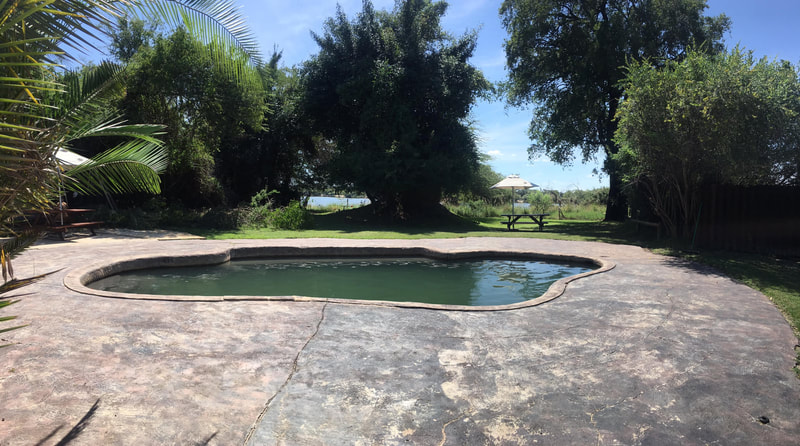
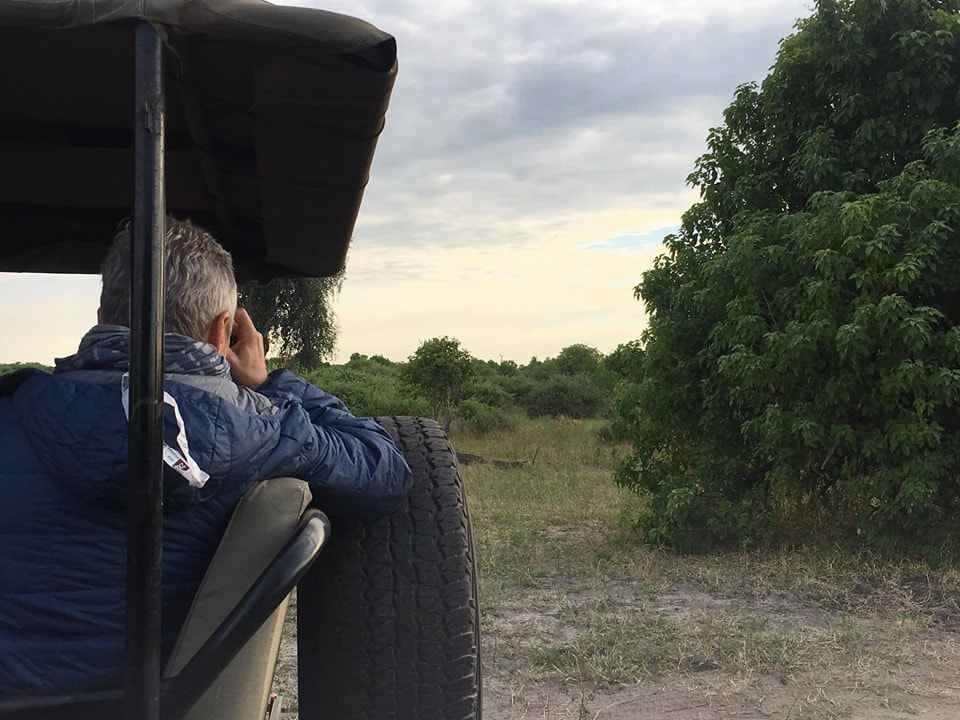
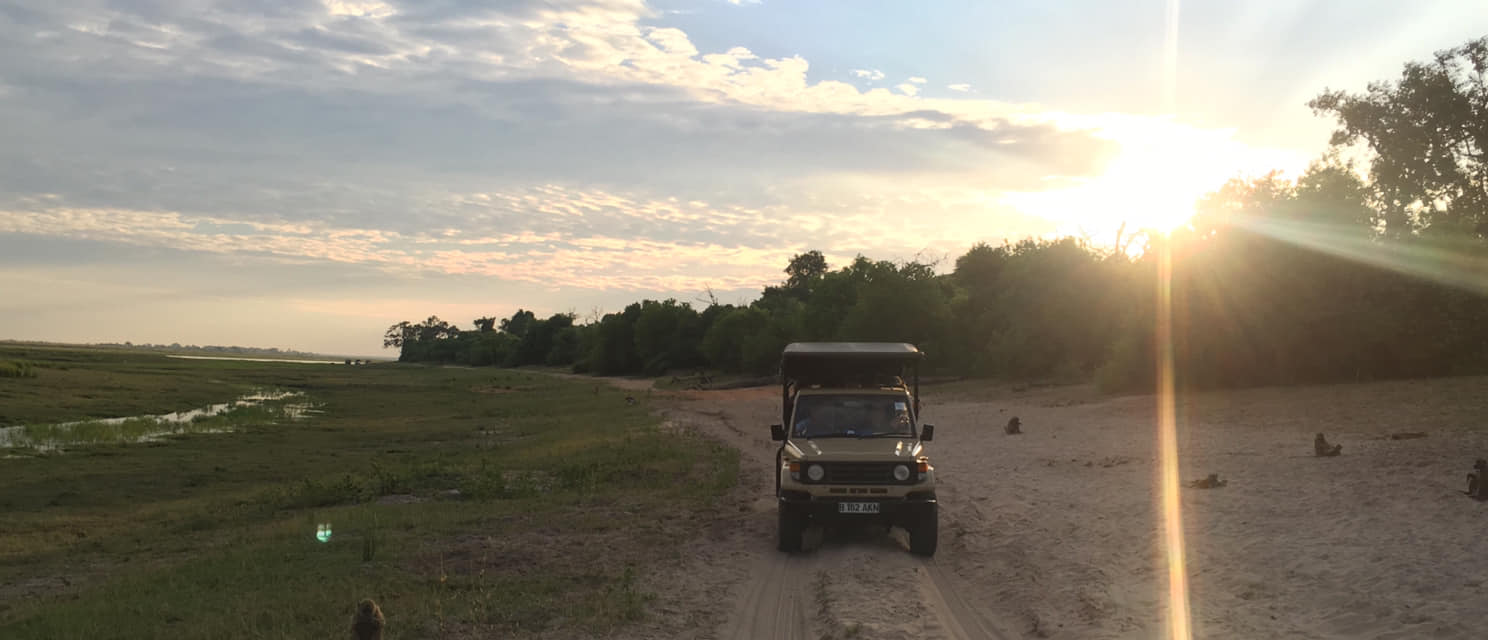

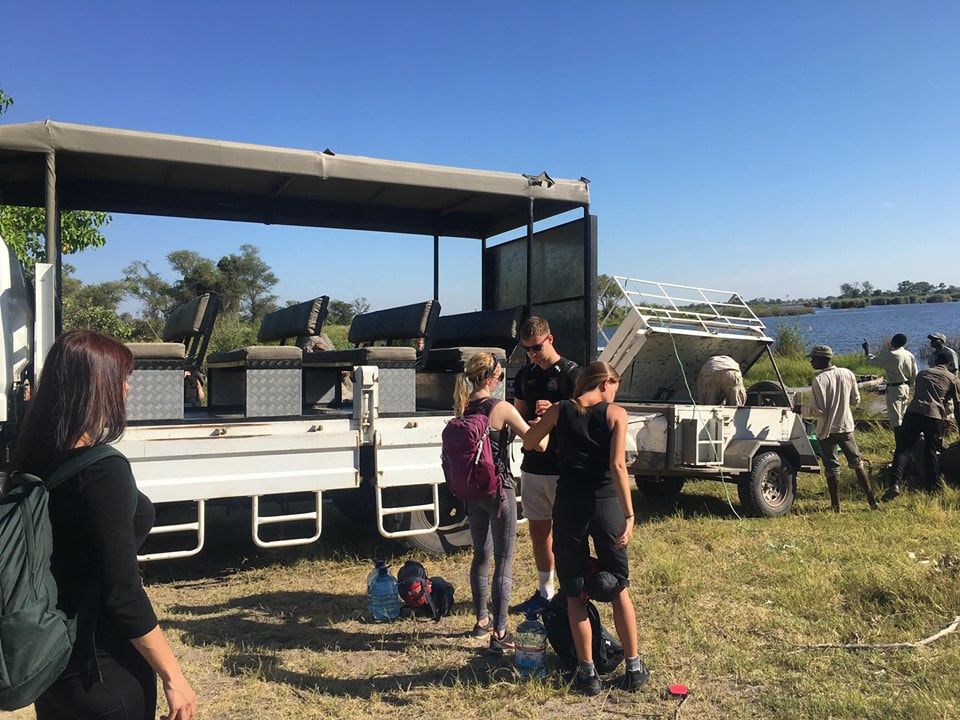
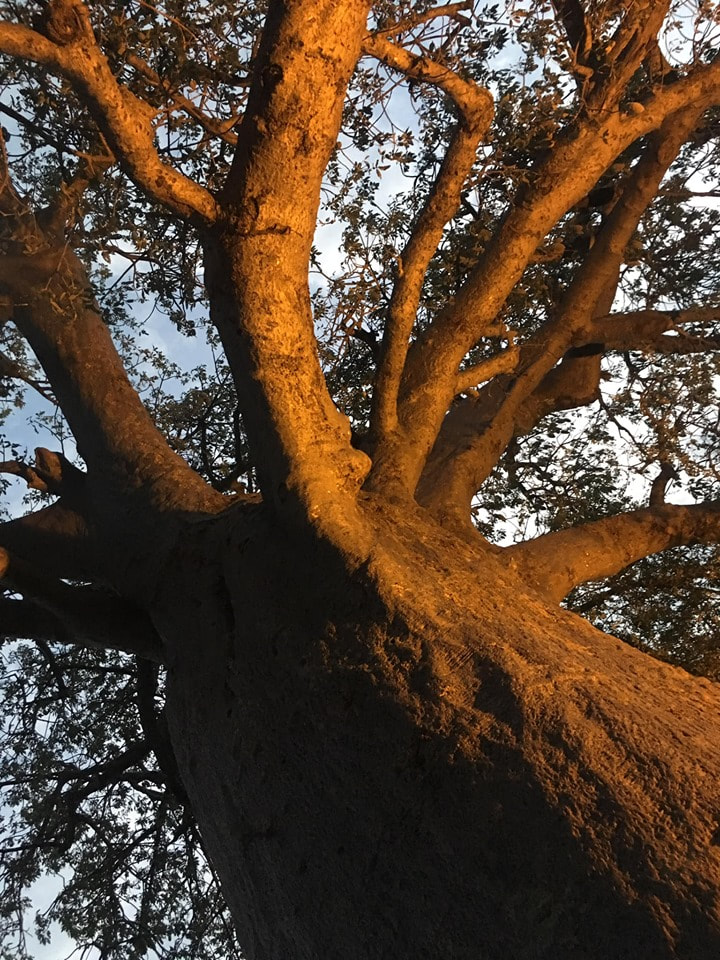
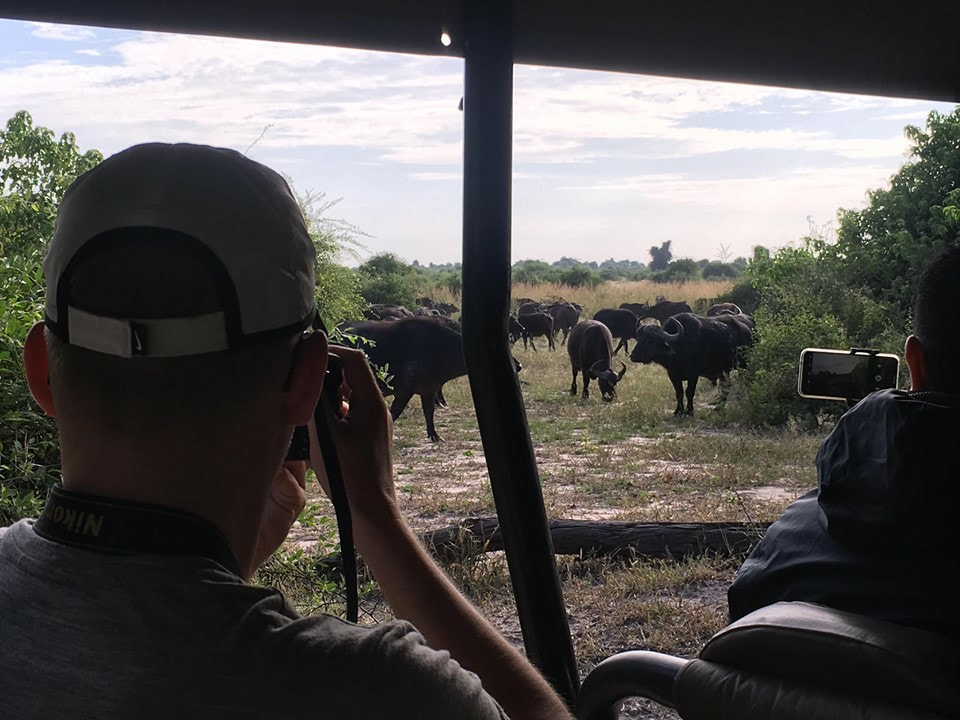
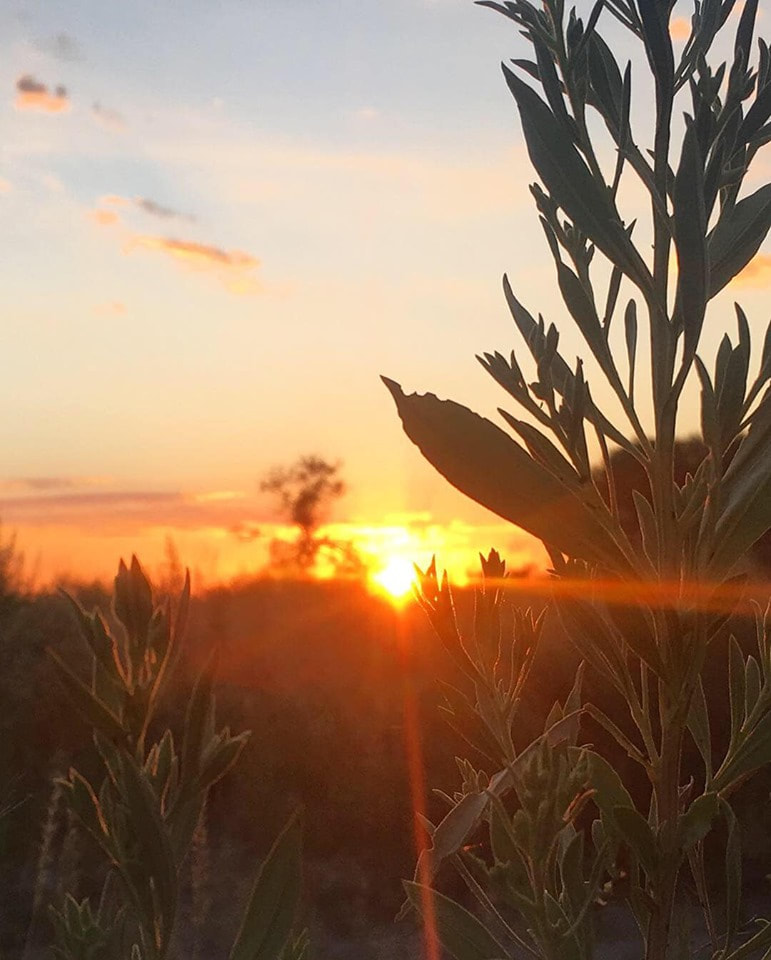
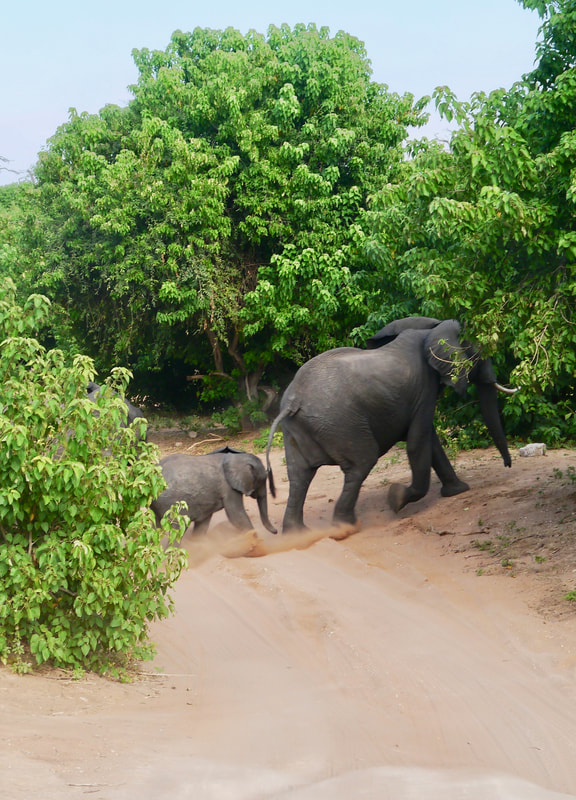
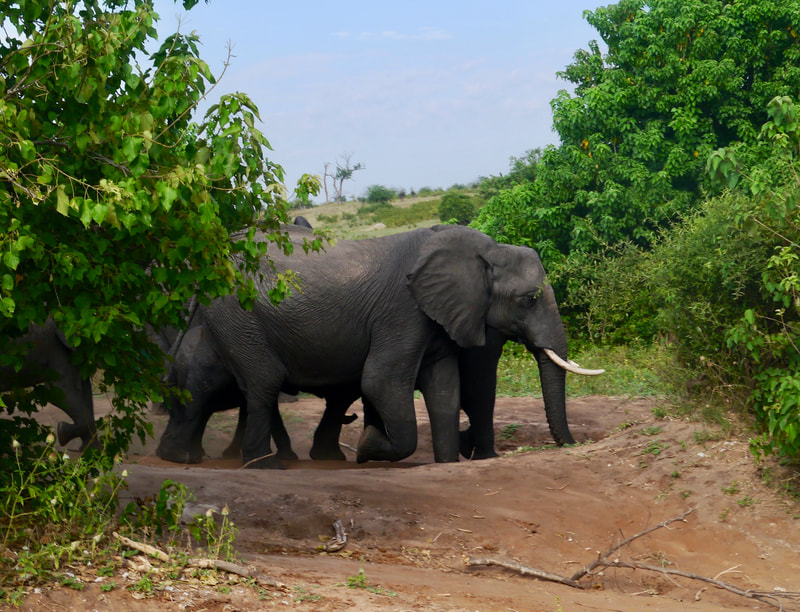
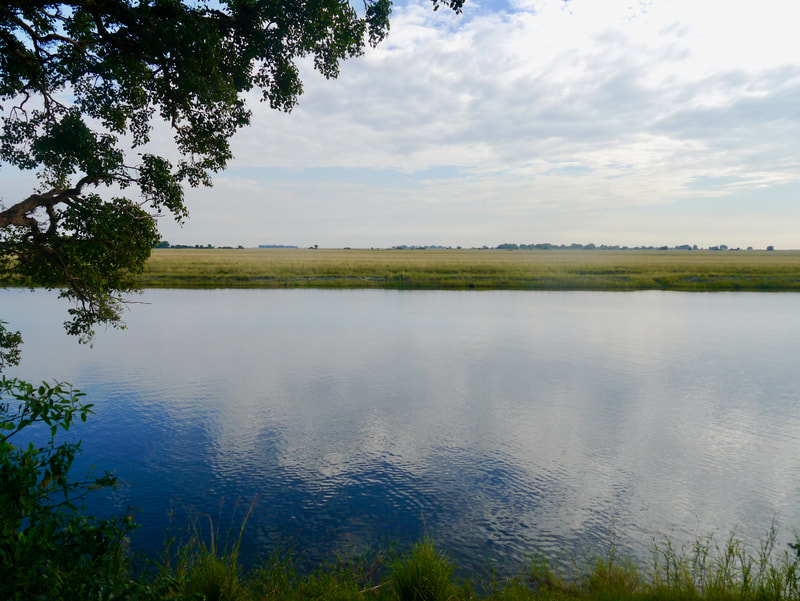
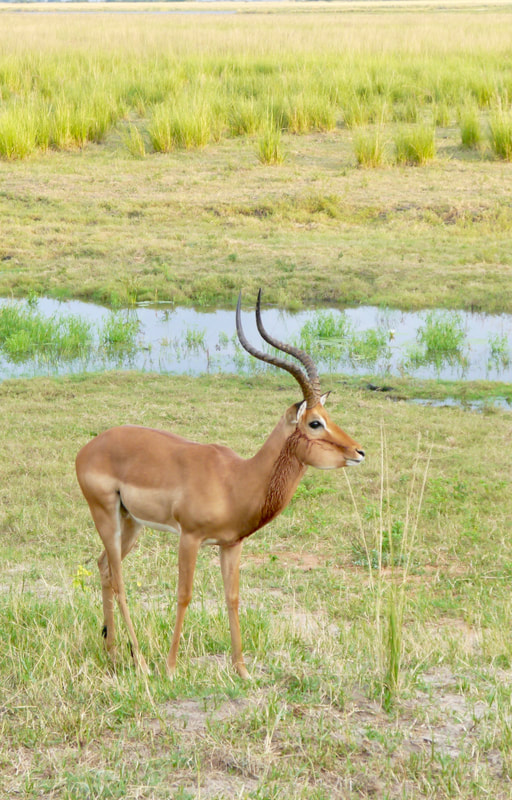
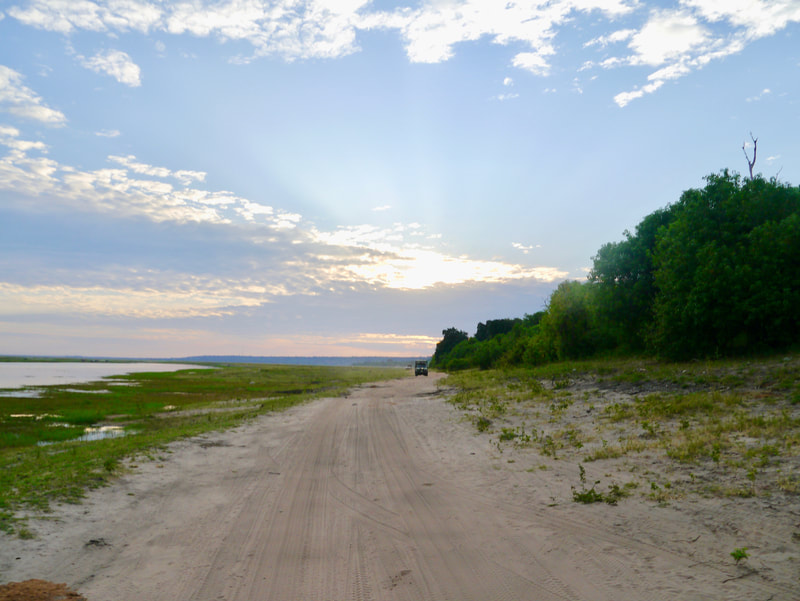

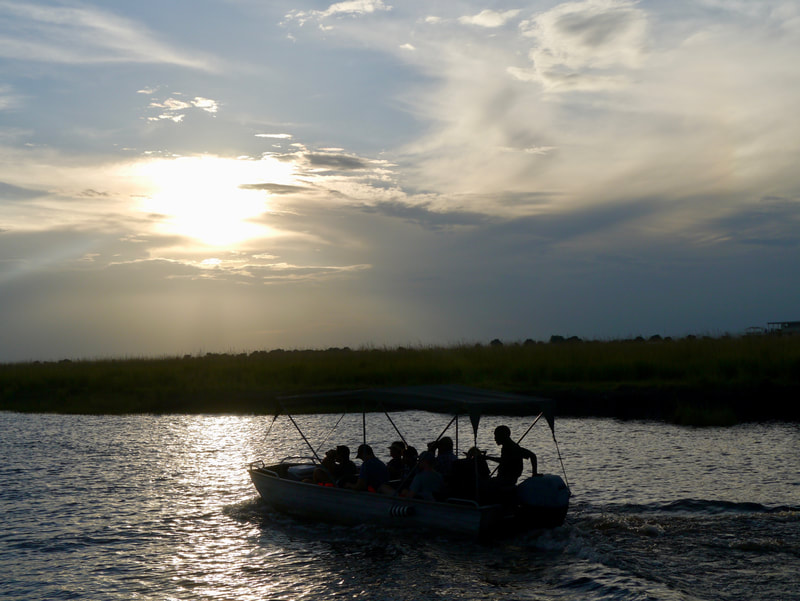
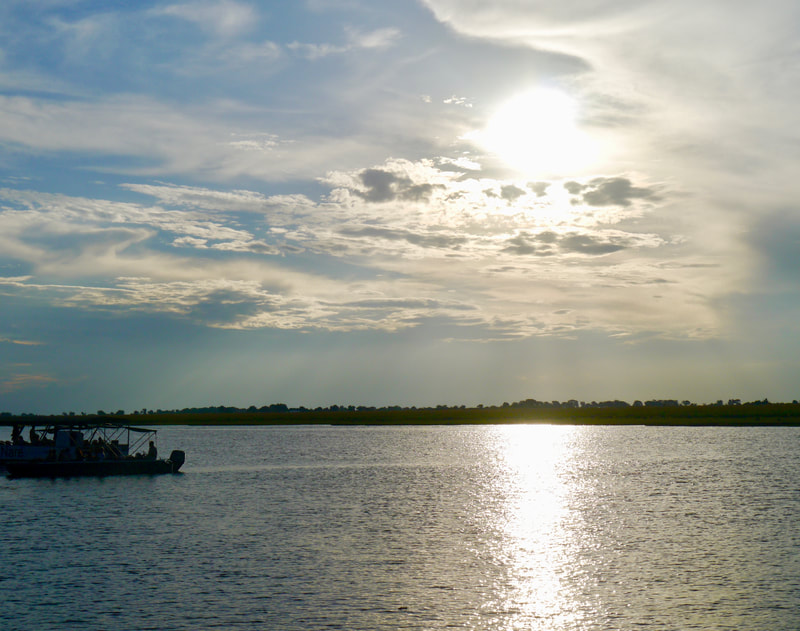
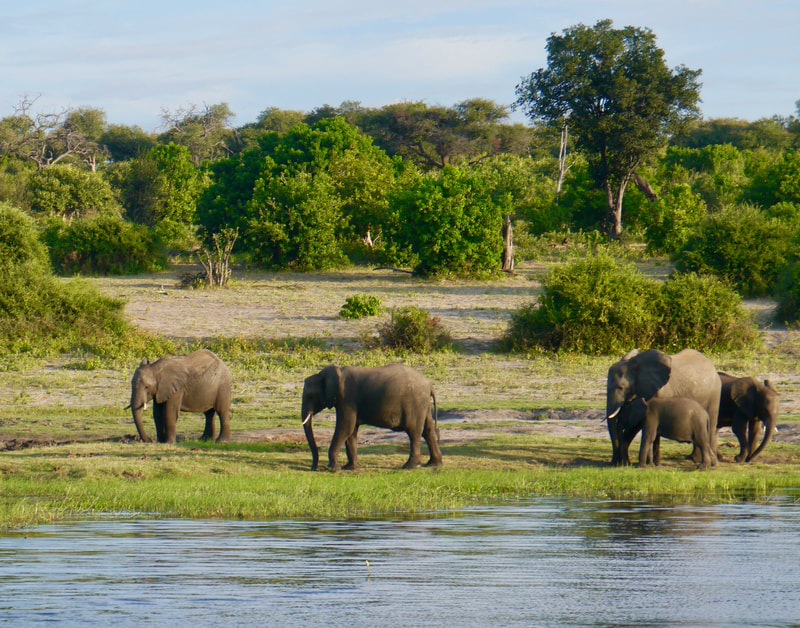
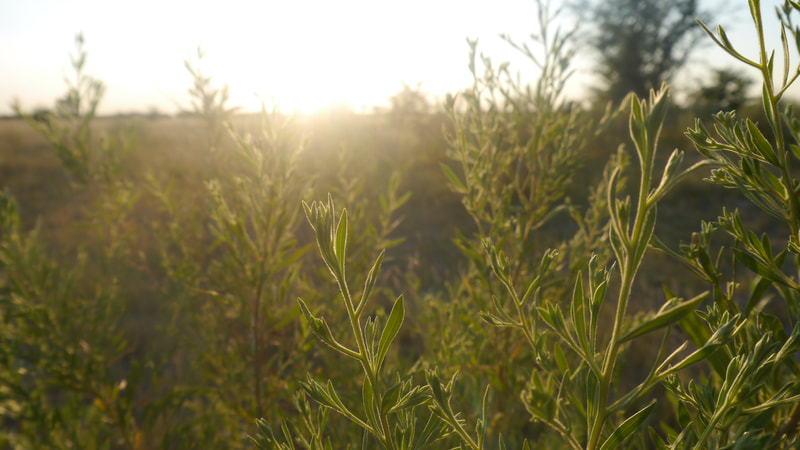
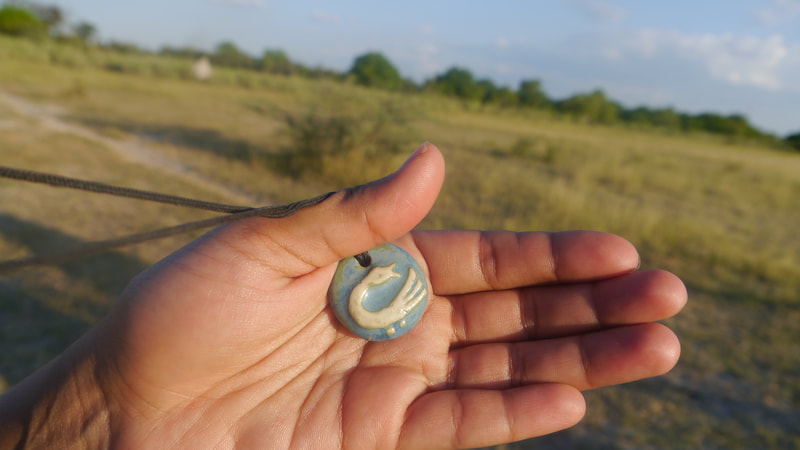
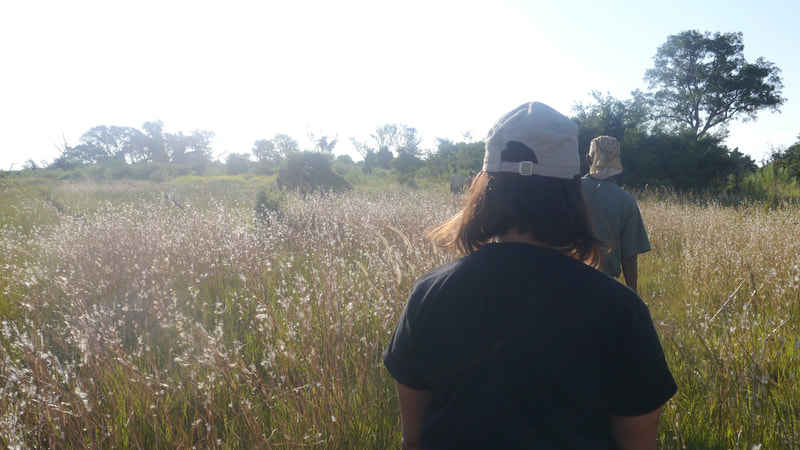
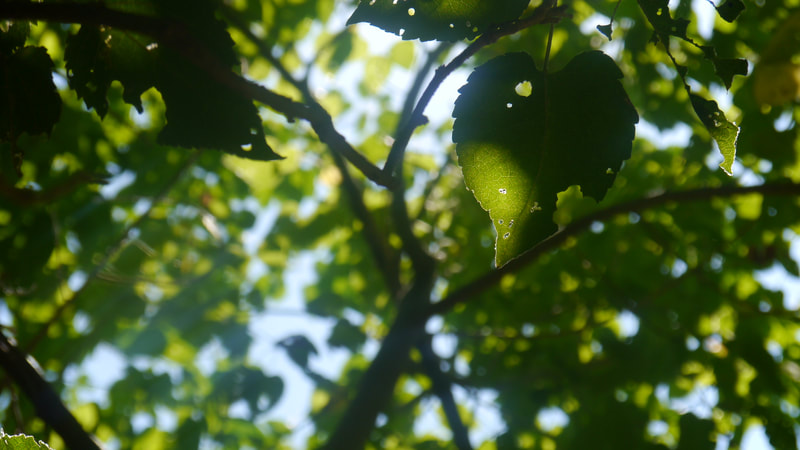
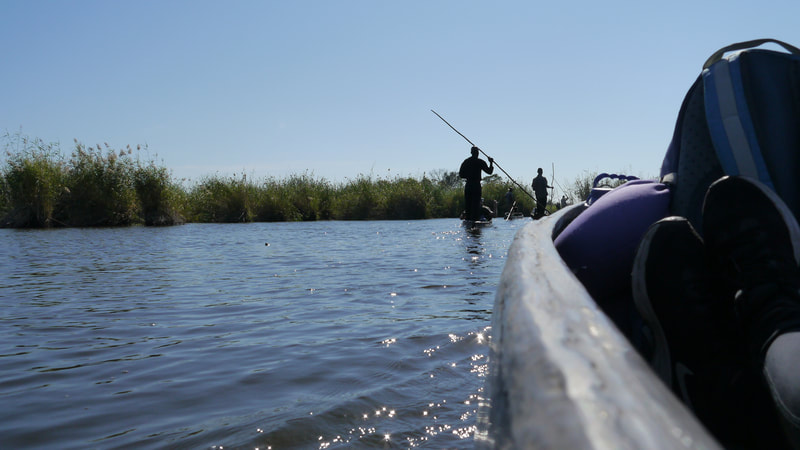
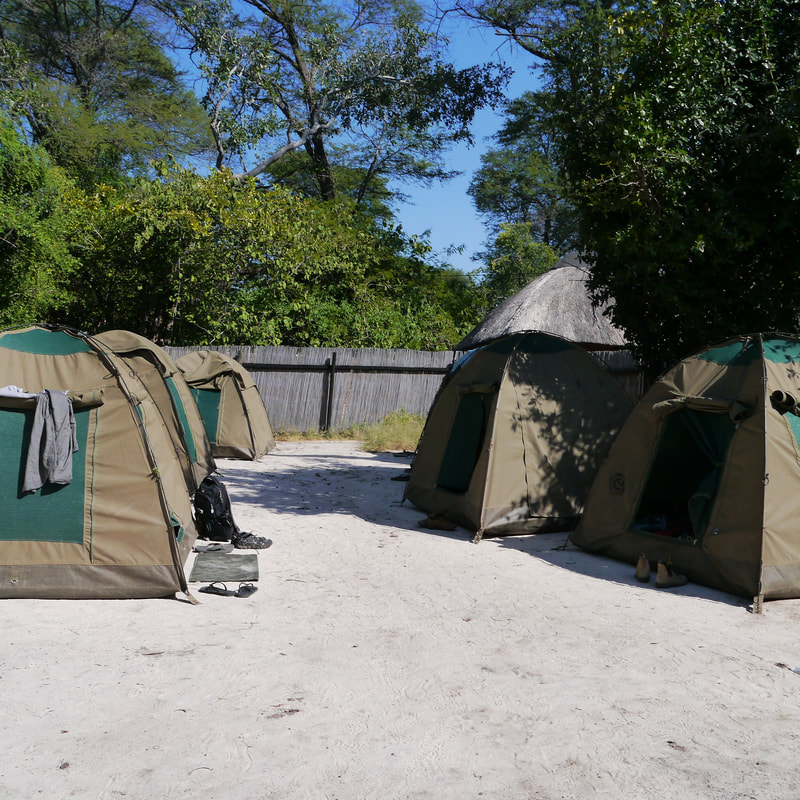
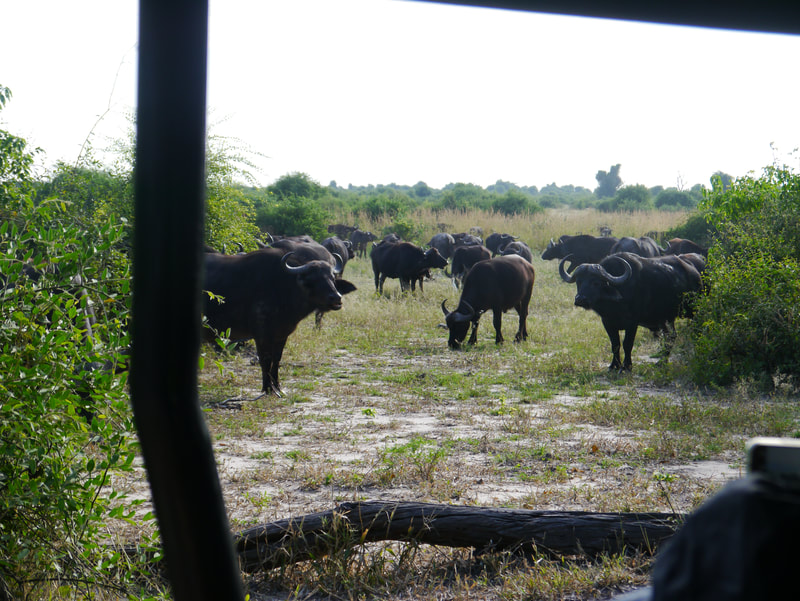
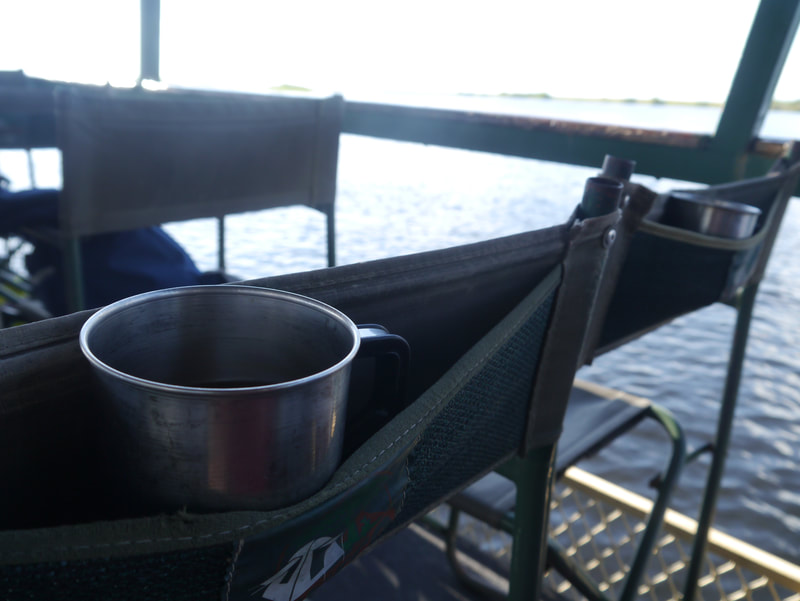
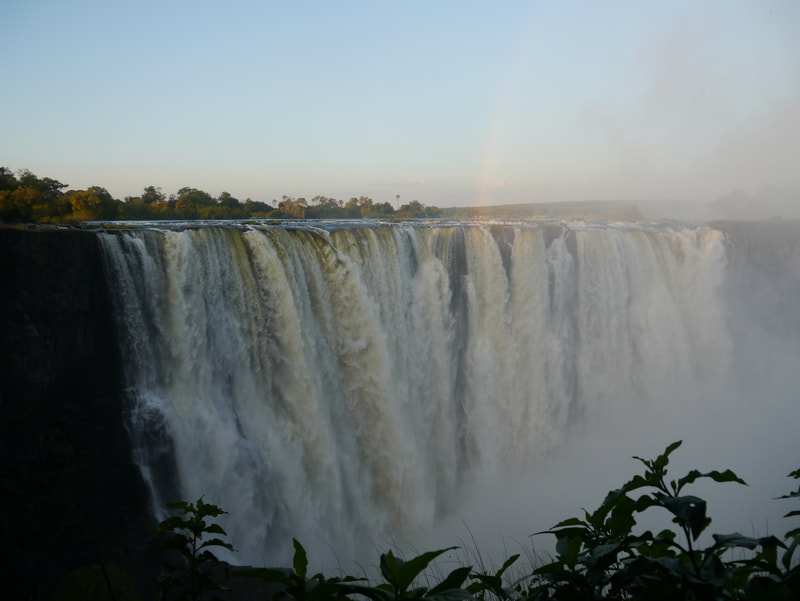
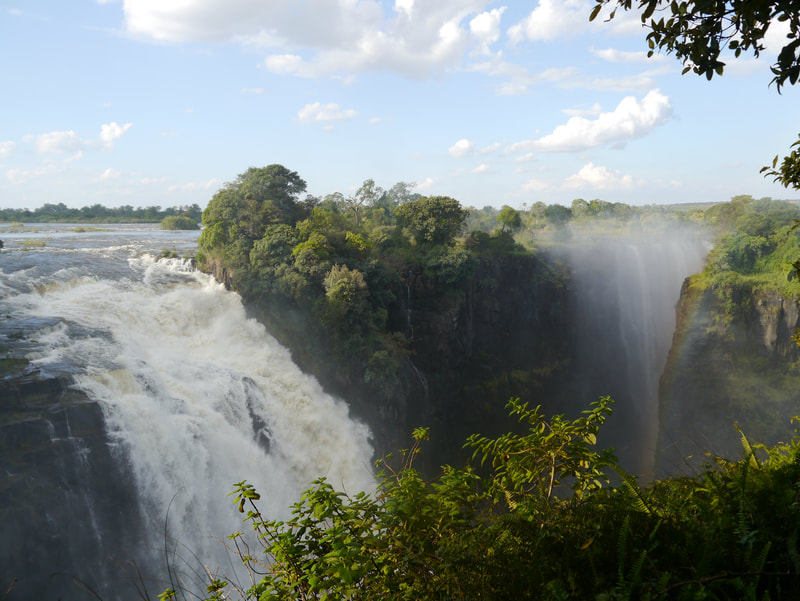
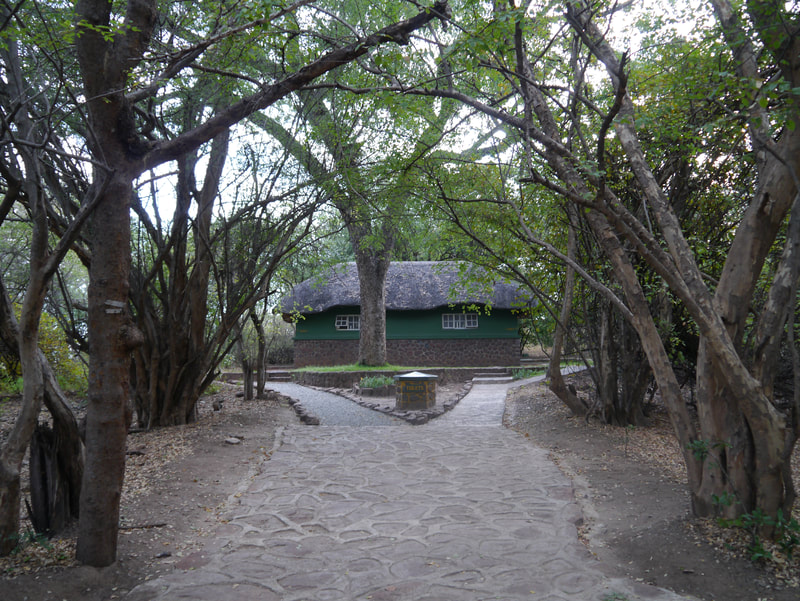
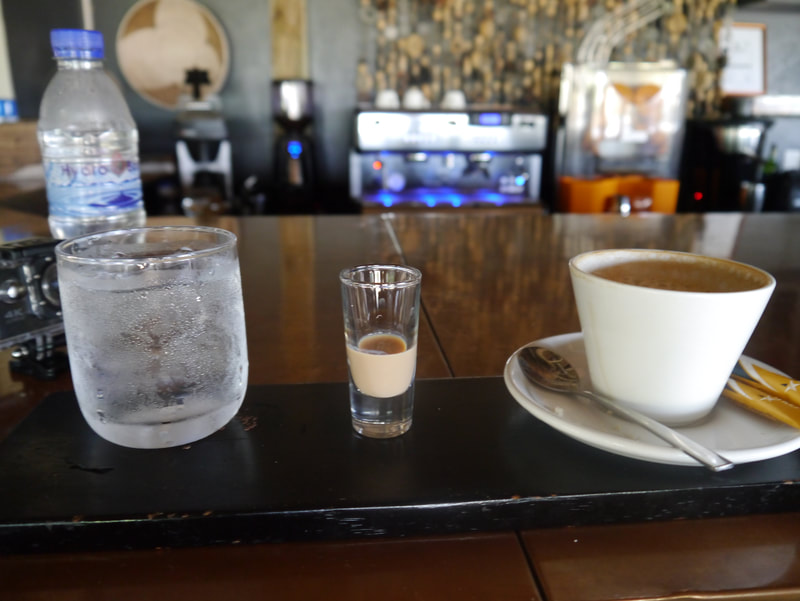
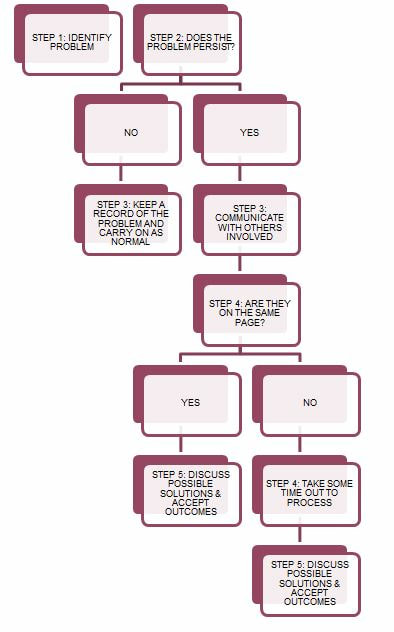



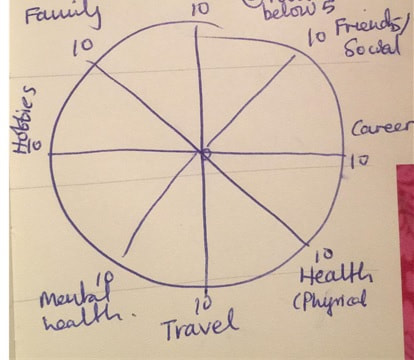
 RSS Feed
RSS Feed